Risk Factors for Sleep Apnea – Aspen Hill, MD
What Puts You at Risk for Sleep Apnea?
It’s important to note that virtually anyone can suffer from sleep apnea that prevents them from enjoying quality slumber. However, the fact of the matter is that certain groups of people are more likely to develop the disorder than others. At Exceptional Dentistry Pain & Sleep Solutions, we want to ensure that all of our patients are familiar with the risk factors associated with sleep-disordered breathing. You can learn more about these factors below. Don’t forget to call us if you have reason to believe that you are currently experiencing sleep apnea.
Why Choose Exceptional Dentistry Pain & Sleep Solutions for Sleep Apnea Treatment?
- Dentists with Extensive Training in Treating Sleep Apnea
- Fully Personalized Oral Appliances
- Comfortable Office in a Convenient Location
Gaining Too Much Weight
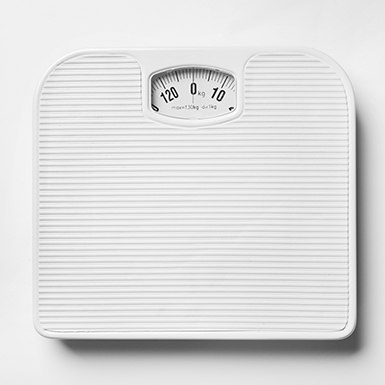
Studies have shown that obesity and sleep apnea are closely linked. In fact, most people with obstructive sleep apnea are also overweight. This is thanks to the increased presence of fat deposits in the upper airway. These deposits can block the flow of air while you slumber, thus interrupting your breathing and leading to sleep apnea episodes.
Narrowed Airway
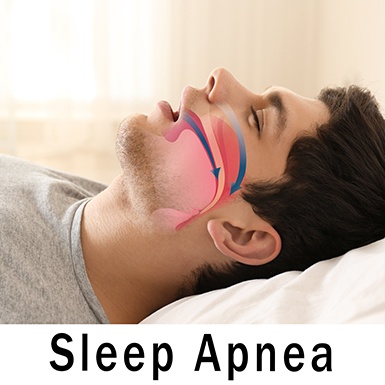
Some people are born with narrower airways than others. The narrower your airway is, the more susceptible it is to becoming blocked during the night. This is especially the case if you happen to have enlarged tonsils or adenoids.
Being Male
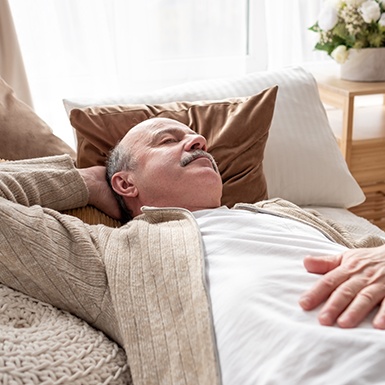
Both men and women can develop sleep apnea. However, men tend to be two to three times more likely to have it. This can be attributed to the fact that men tend to have thicker necks and longer airways, which ultimately increases the chances of an airway obstruction.
Age
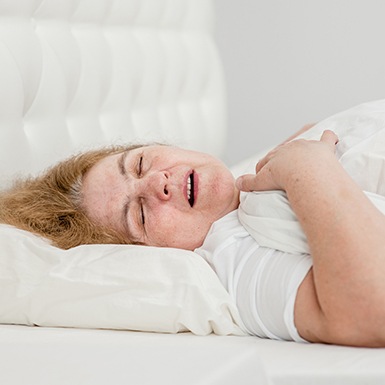
Your odds of suffering from sleep-disordered breathing will go up as you grow older. Studies indicate that well over half of adults over the age of 65 have a high risk of developing sleep apnea. This connection could be due to age-related changes in the upper airway that make tissues in that area more likely to collapse.
Family History

Did one or both of your parents have sleep apnea? If so, there’s a chance that you could have an elevated risk of developing the disorder as well. It’s worth taking the time to review your family health history to get an idea of what your personal risk for sleep apnea looks like.
Using Alcohol or Sedatives

Drinking alcohol right before bed can cause your throat muscles to relax, thus potentially making sleep apnea even worse. Sleeping medication can have a similar effect; thus, it’s best to avoid sedatives if you have been diagnosed with sleep apnea.
Smoking

Smoking can have all kinds of consequences for your overall health, and one of them happens to be an increased risk for obstructive sleep apnea. This is because tobacco can inflame your upper airway and raise the chances of an obstruction occurring.
Nasal Congestion
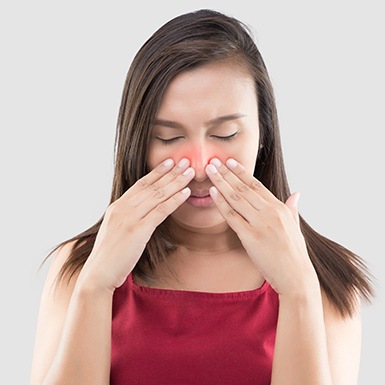
If your nose is stopped up due to sinus problems or allergies, it can make it harder to breathe in general. As such, it might even lead to sleep apnea in specific circumstances.
